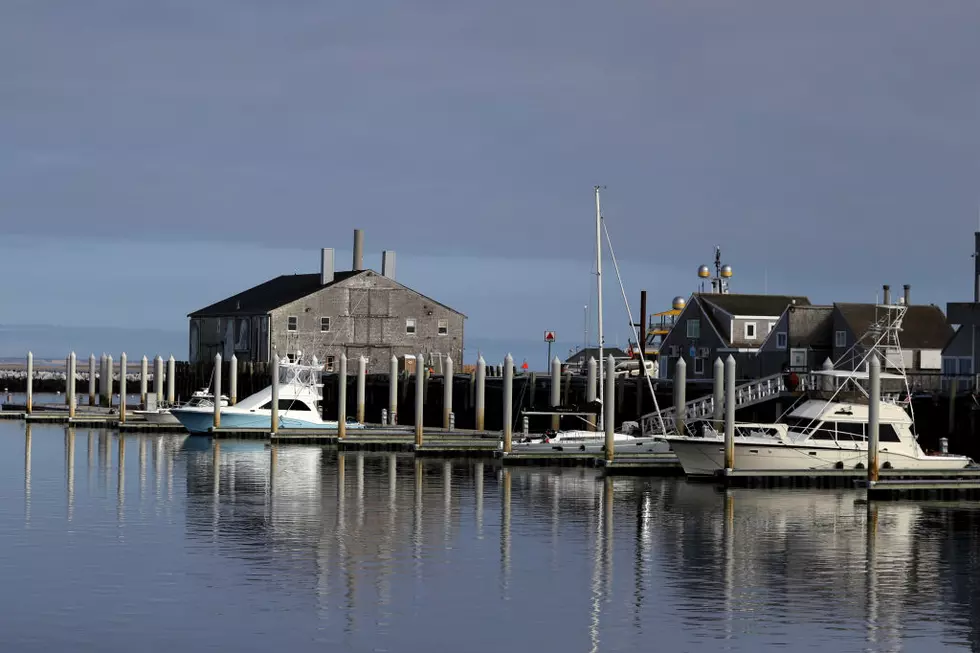
Legislative Panel Hears Ideas To Curb Opioid Deaths In Mass.
Deaths from opioid overdoses have declined slightly in Massachusetts over the past two years, but speaker after speaker stressed to a legislative committee Wednesday that efforts must continue to limit an epidemic that still claims an average of more than five lives per day.
The Berkshire Eagle reports from educating students about "Good Samaritan" laws to expanding access to overdose-reversal medication, supporters touted a range of bills they said would help reduce the death toll during a Joint Committee on Mental Health, Substance Use and Recovery hearing.
Several people who testified at Wednesday's hearing shared personal stories of loss to addiction and opioids.
Tamika Perry, a Duxbury resident whose son Khai died in 2016 from an overdose, asked the committee to advance a Sen. Patrick O'Connor bill that would require public schools to increase their awareness campaigns about substance use.
Rep. William "Smitty" Pignatelli, D-Lenox, recounted to his colleagues a story of an emergency call in the Berkshires last year.
Police were called to an overdose situation, but the officer who made it to the scene first was not equipped with the overdose-reversal medication naloxone. The officer waited with the family for an ambulance with the drug on board to arrive, but relief came too late and the individual died.
That incident, Pignatelli said, is evidence that the state should ensure every single first responder in Massachusetts has naloxone — often referred to by the brand name Narcan — on hand to address opioid overdoses, particularly given how time-sensitive cases tend to be.
His bill would require all communities to stock police, fire and EMTs with naloxone.
While the committee is considering a slew of proposals, it did not hear testimony Wednesday on supervised consumption sites, where individuals could use drugs without arrest under the watch of medical professionals who can intervene in an overdose.
House Chairwoman Marjorie Decker announced the committee will host a separate hearing "shortly" on legislation related to that controversial idea — which was recommended by a state panel but has drawn threats of prosecution from U.S. Attorney Andrew Lelling.
More From WNAW AM









